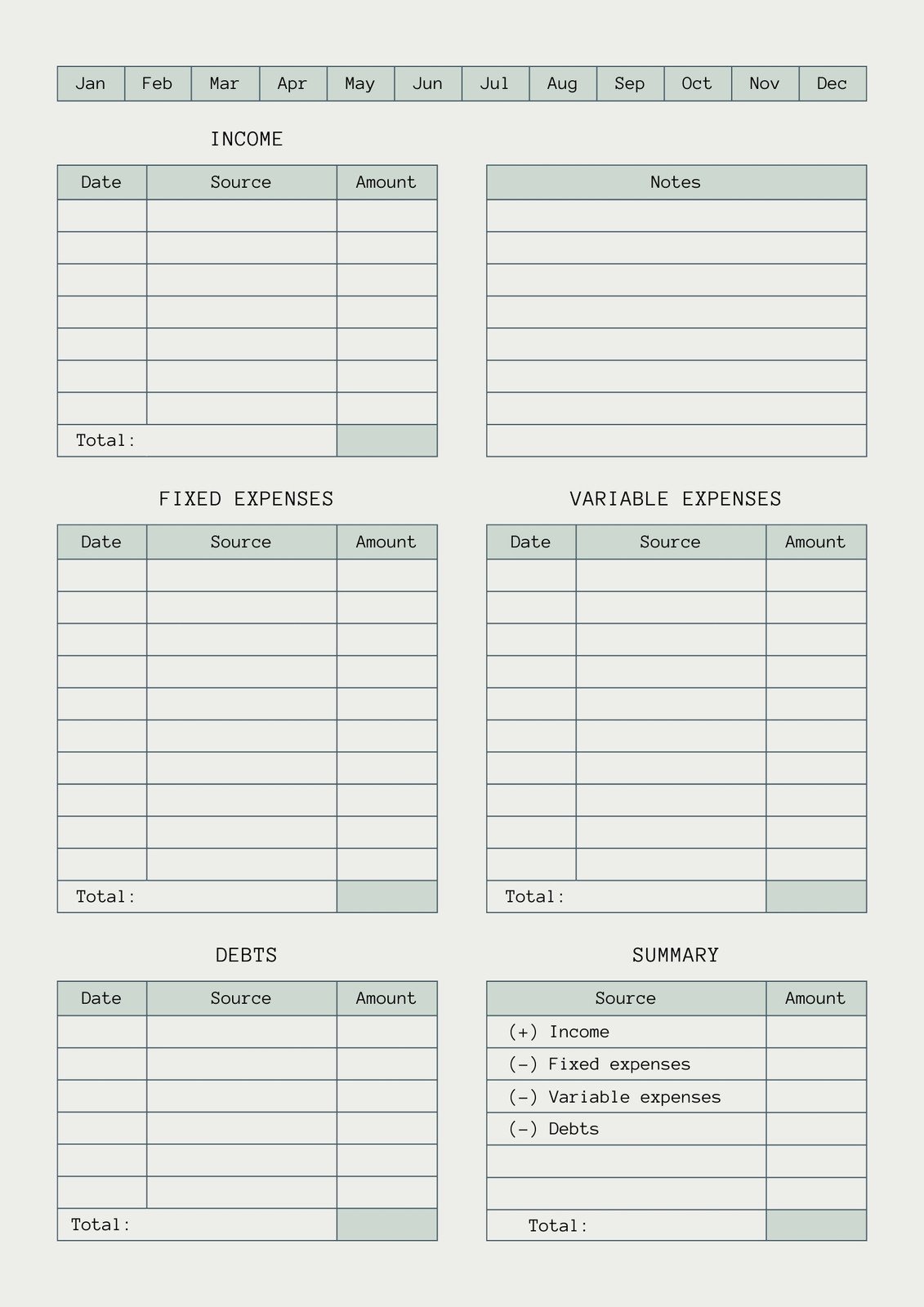
In today’s fast-paced world, managing your finances can be a daunting task. With bills to pay, expenses to track, and savings to consider, it’s easy to feel overwhelmed. However, with the help of a financial budget, you can take control of your finances and plan for a secure future.
In this comprehensive guide, we will explore what financial budgets are, why they are important, how to create one, and provide examples and tips for successful budgeting.
What is a Financial Budget?
A financial budget is a tool that helps you track your income and expenses, set financial goals, and monitor your progress towards achieving those goals. It typically includes categories for income, expenses, savings, and debt, allowing you to see where your money is going and make adjustments as needed. Financial budgets can be customized to fit your unique financial situation and can be easily printed and filled out by hand or completed digitally using spreadsheet software.
Creating a financial budget is essential for gaining control over your finances and making informed decisions about how to allocate your money. By tracking your income and expenses, you can identify areas where you may be overspending, find opportunities to save money, and set realistic financial goals for the future.
Why Financial Budgets are Important
Financial budgets are important for several reasons. First and foremost, they provide a clear picture of your financial situation, allowing you to see exactly where your money is going each month. This visibility can help you identify unnecessary expenses, prioritize your spending, and make adjustments to ensure that you are living within your means.
Additionally, financial budgets can help you set and track financial goals. Whether you are saving for a major purchase, paying off debt, or planning for retirement, a budget can help you stay on track and monitor your progress towards achieving your objectives. By regularly reviewing your budget and making adjustments as needed, you can ensure that you are making the most of your money and working towards a secure financial future.
How to Create a Financial Budget
Creating a financial budget is a straightforward process that can be tailored to fit your individual needs and preferences. To get started, follow these simple steps:
1. Determine your income: Calculate your total monthly income from all sources, including wages, salary, bonuses, and any other sources of income.
2. Track your expenses: Keep track of all your expenses for a month, including fixed expenses like rent and utilities, variable expenses like groceries and entertainment, and discretionary expenses like dining out and shopping.
3. Set financial goals: Identify short-term and long-term financial goals, such as saving for a vacation, paying off credit card debt, or building an emergency fund.
4. Allocate your income: Divide your income into categories for expenses, savings, and debt repayment. Be sure to prioritize essential expenses and savings goals before allocating funds for discretionary spending.
5. Monitor your progress: Regularly review your budget to track your spending, monitor your progress towards your financial goals, and make adjustments as needed to stay on track.
By following these steps and regularly reviewing and updating your budget, you can take control of your finances and work towards achieving your financial goals.
Examples of Financial Budgets
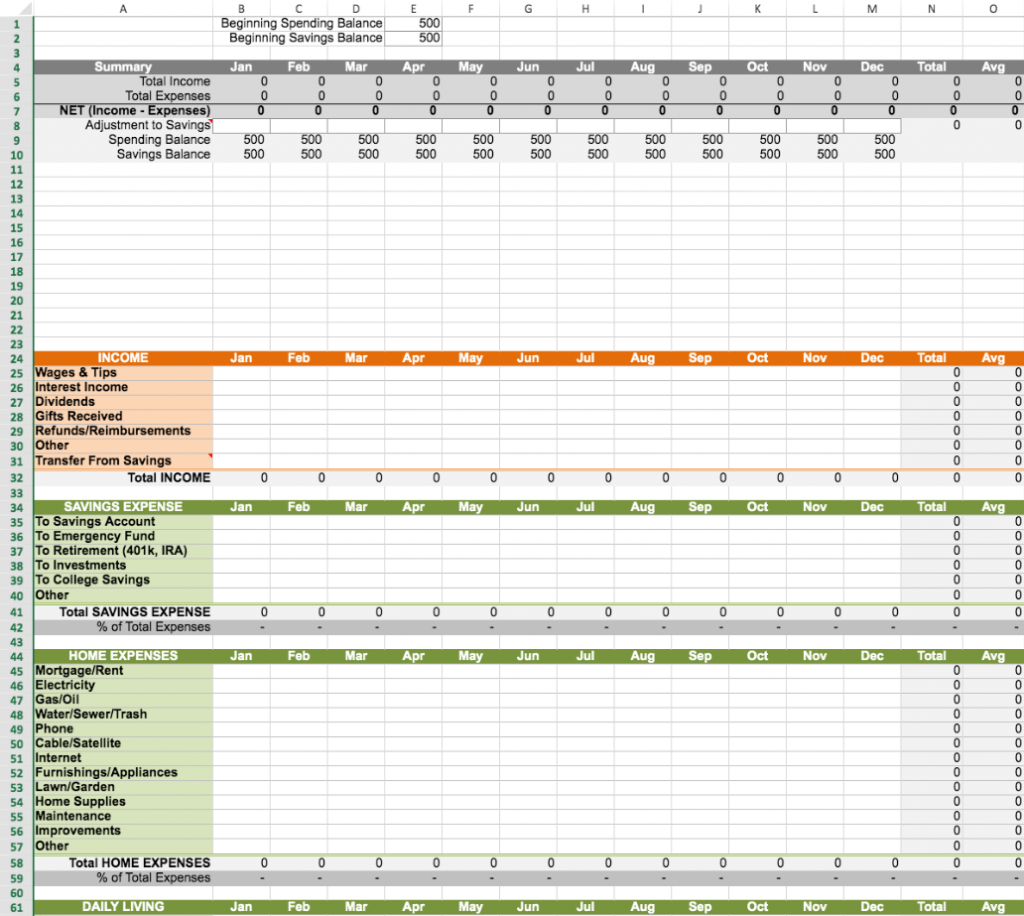
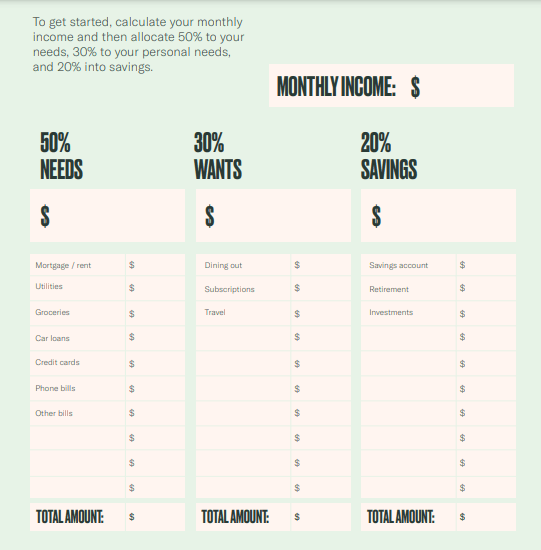
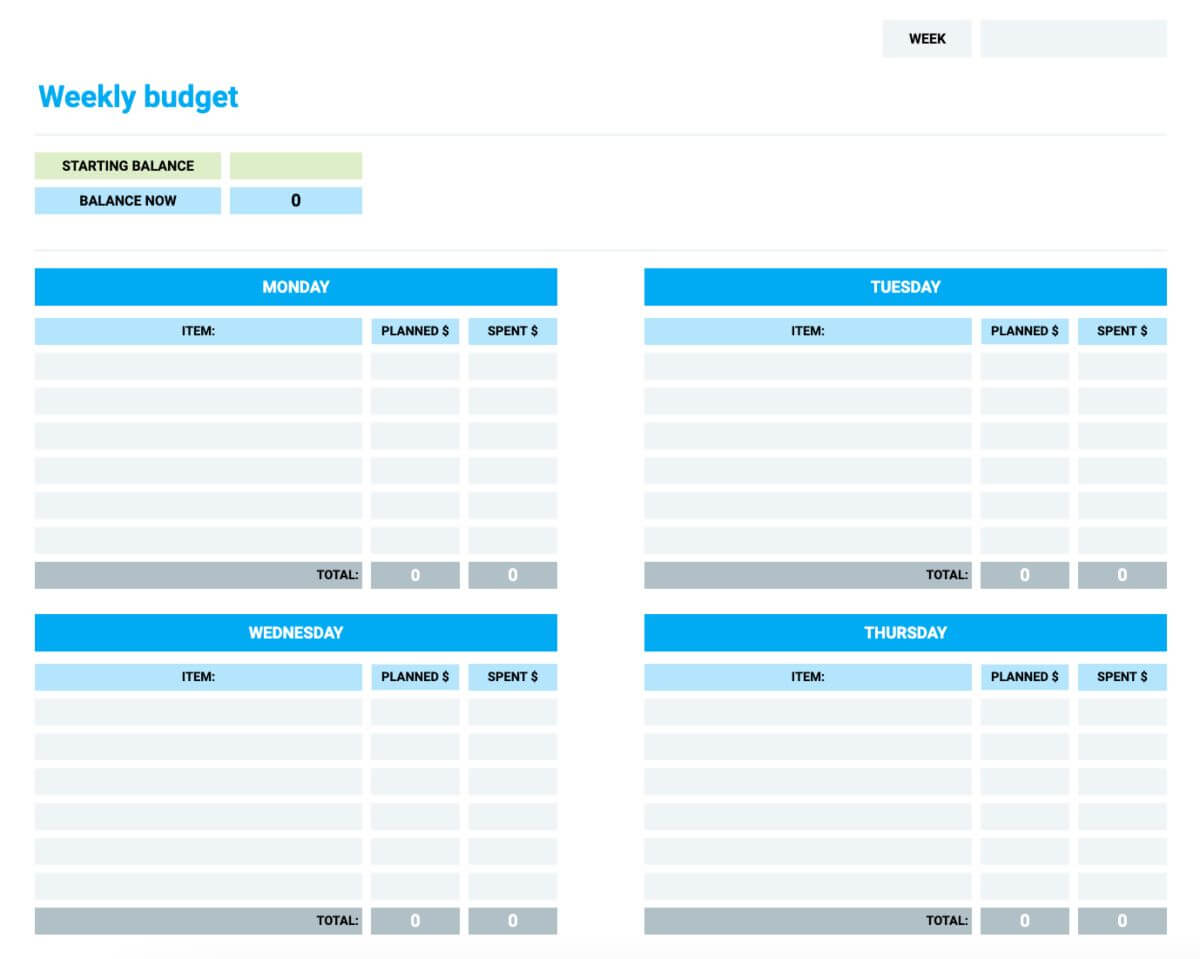
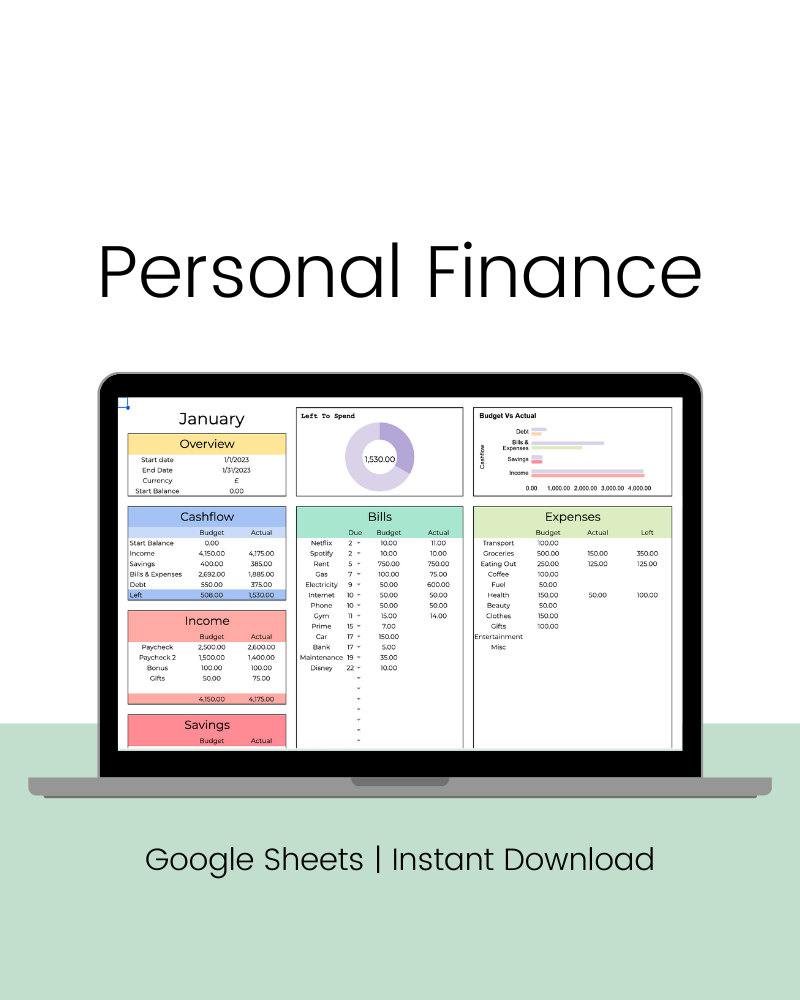
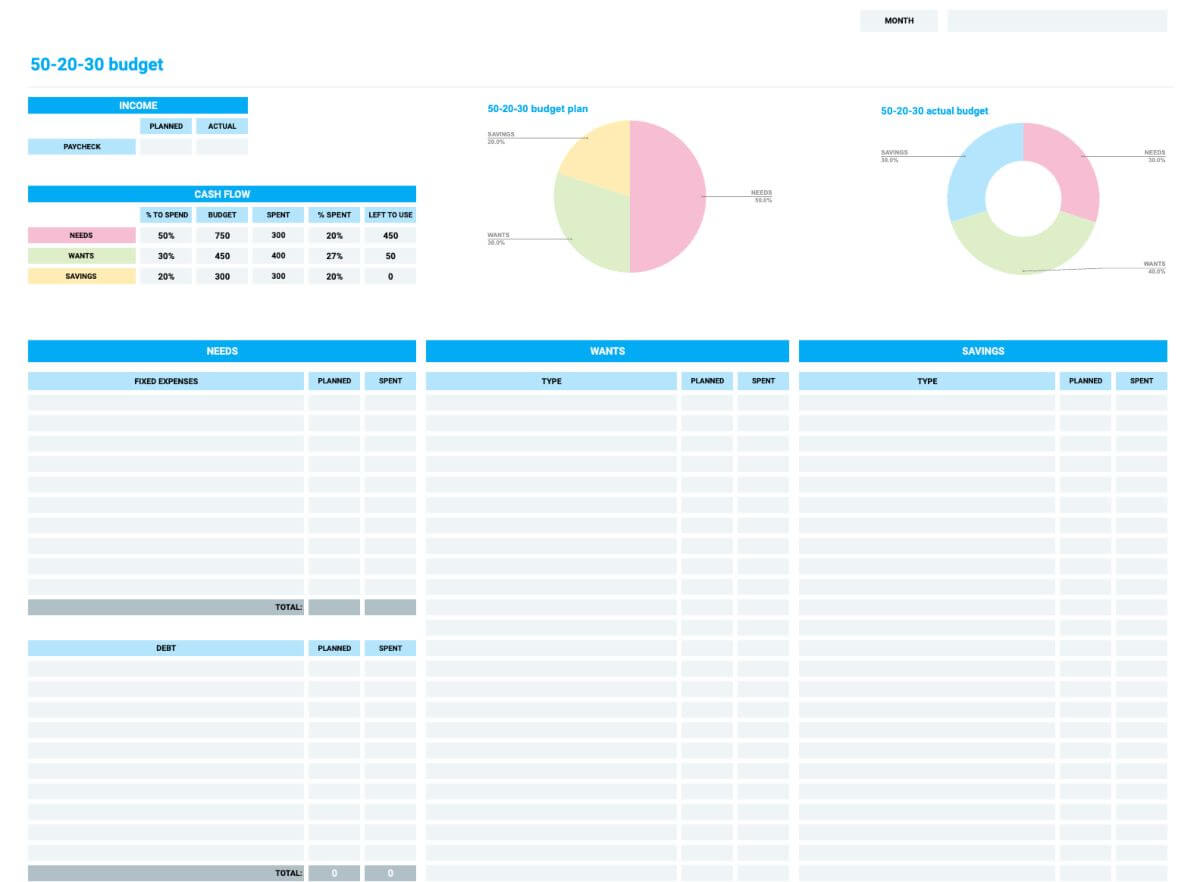
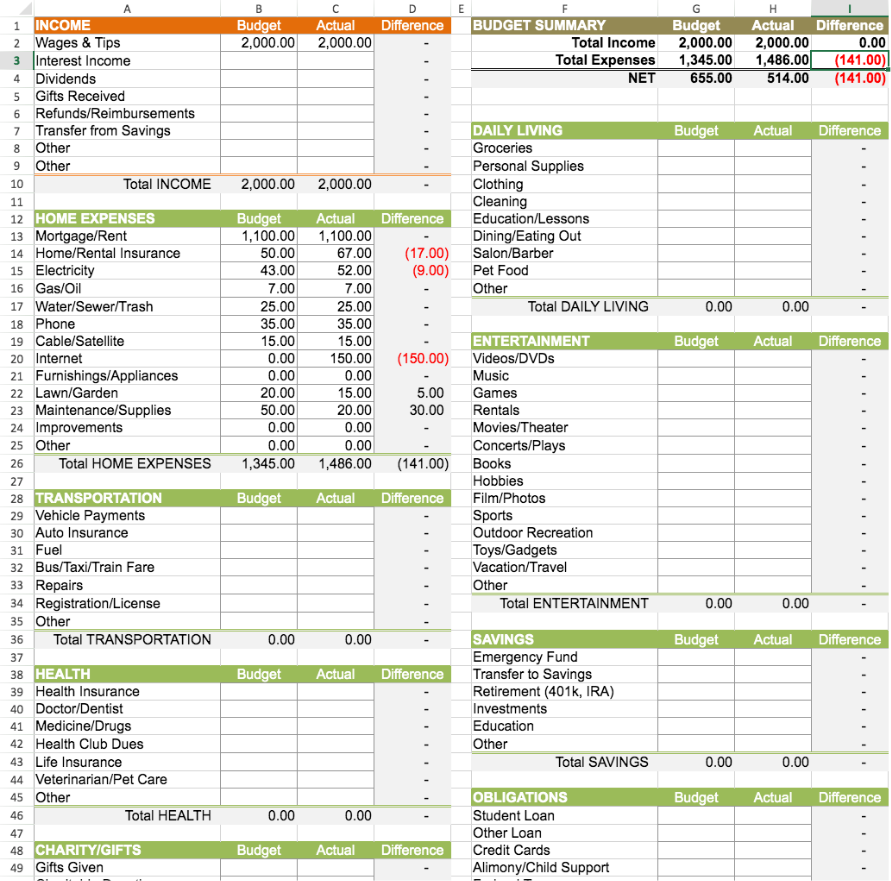
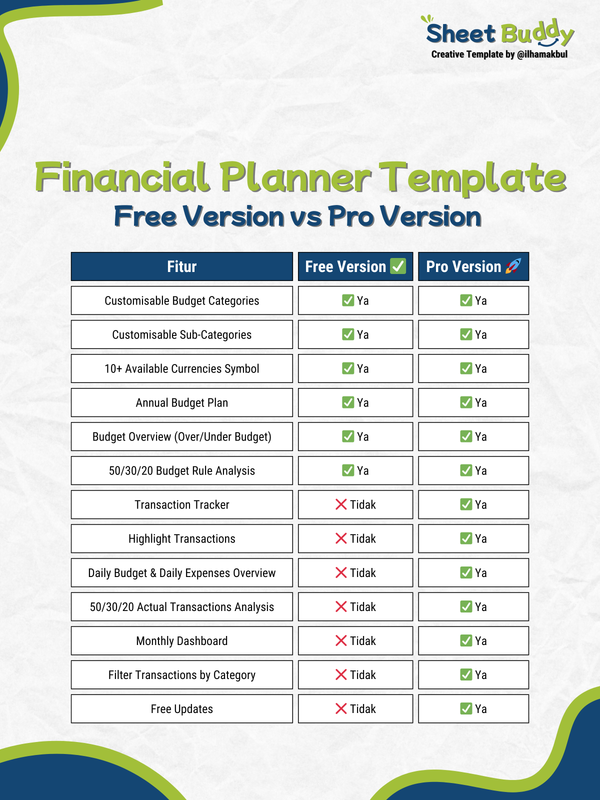
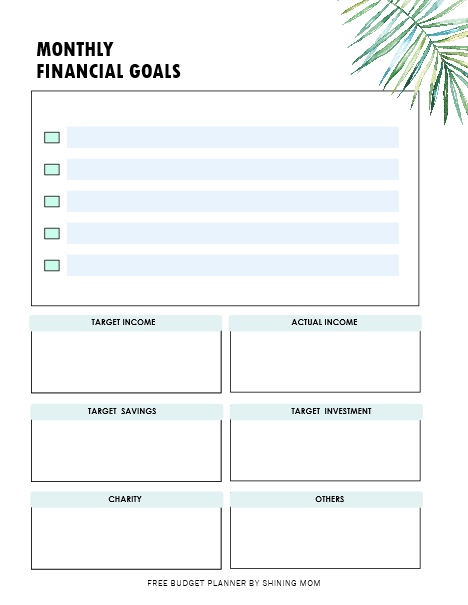
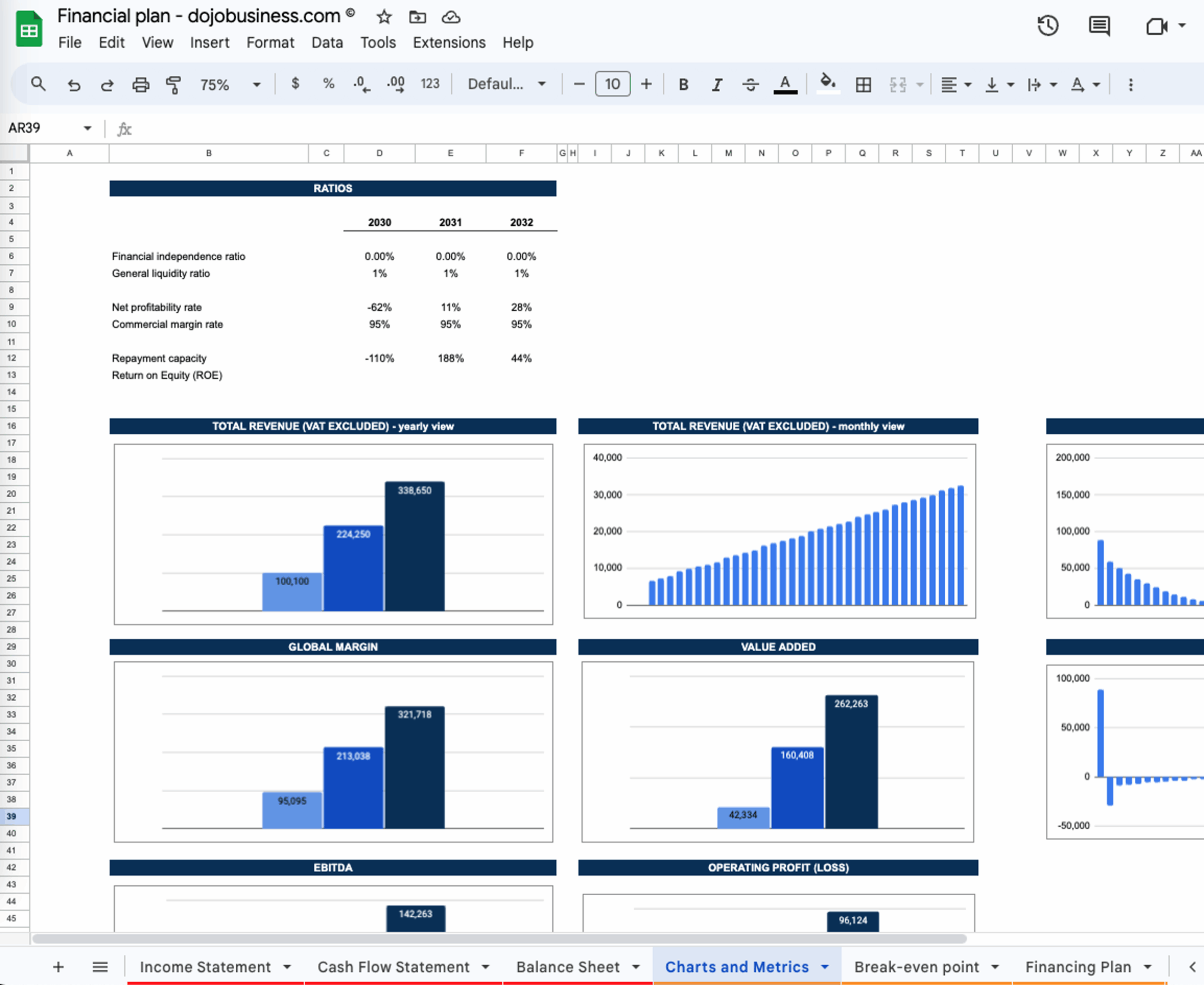
Tips for Successful Budgeting
Creating and sticking to a budget can be challenging, but with the right approach and mindset, you can achieve financial success. Here are some tips for successful budgeting:
- Set realistic goals: Start small and gradually increase your savings goals as you become more comfortable with budgeting.
- Track your spending: Keep a detailed record of all your expenses to identify areas where you can cut back and save money.
- Review your budget regularly: Make time each month to review your budget, track your progress towards your goals, and make adjustments as needed.
- Avoid impulse purchases: Stick to your budget and avoid unnecessary spending on items that are not within your financial plan.
- Seek support: Consider working with a financial advisor or joining a budgeting group for accountability and guidance.
- Celebrate your progress: Celebrate small wins along the way to keep yourself motivated and on track towards achieving your financial goals.
- Stay flexible: Life happens, and unexpected expenses may arise. Be prepared to adjust your budget as needed to accommodate changes in your financial situation.
By following these tips and staying committed to your budget, you can take control of your finances, reduce stress, and work towards achieving your financial goals. Remember, budgeting is a journey, not a destination, so be patient with yourself and stay focused on the big picture of financial success.
Financial Budget Template – Download